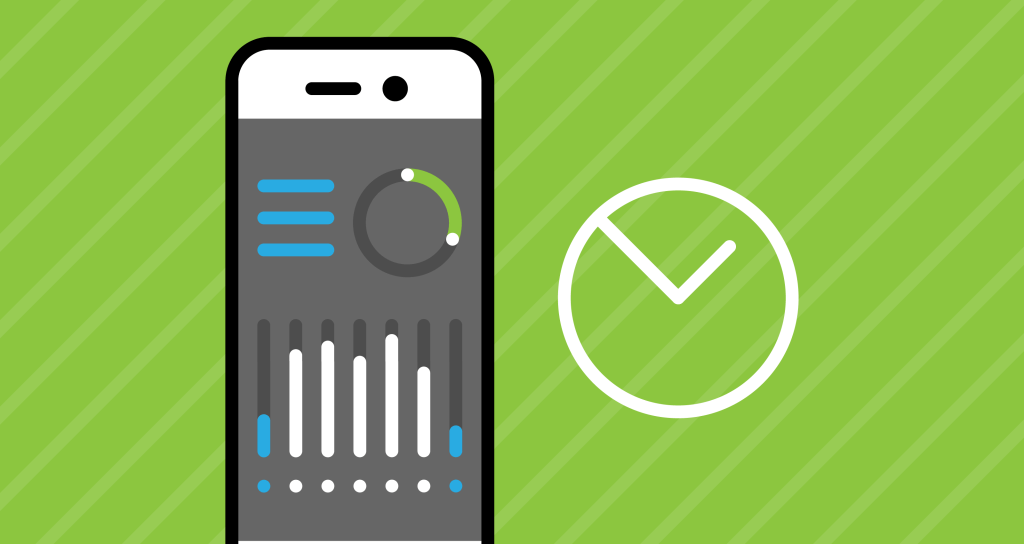Apple confirmed a Screen Time bug is impacting its devices, allowing children to go over the previously set time limits imposed by parents to continue to use their apps and games. The company acknowledged the bug in a comment published by The Wall Street Journal over the weekend, but didn’t offer a timeline for a fix.
Screen Time settings are a series of controls that allow parents and guardians to configure limits for their children’s use of Apple devices through Family Sharing. The adult family member can configure various controls, ranging from time spent on certain categories of apps, like games, to communication limits, to scheduled “downtime,” which only allows phone calls and apps the parent has approved. The latter is often used at the child’s bedtime so they’re not tempted to play games or check social media when they should be sleeping.
However, a bug with Apple’s Screen Time is causing parents’ settings not to be enforced, the Journal reported.
“We are aware that some users may be experiencing an issue where Screen Time settings are unexpectedly reset,” an Apple spokeswoman told the paper. “We take these reports very seriously and we have been, and will continue, making updates to improve the situation.”
With the release of iOS 16.5, Apple said it had fixed a bug with Screen Time where “settings may have reset or not sync across all devices.” But the new report confirmed the bug is still causing problems in the public release of the iOS 17 beta.
The problem for parents, of course, is that kids won’t typically report that they have been given extra time on their devices. They’ll just happily continue to use the apps and games that were previously off-limits or that had only limited time allowances before. That means many parents aren’t even aware that the bug is impacting their family’s choices around device use.
Apple released its own Screen Time tools with the launch of iOS 12 in 2018, after first cracking down on third-party apps that provided a similar service. The company banned apps from its App Store, saying they relied on technologies that risked users’ privacy. Because iOS lacked any sort of system for Screen Time management, the apps had employed a variety of methods for managing screen time, including the use of background location, VPNs and MDM-based solutions (mobile device management, a system designed to manage employee devices in the enterprise).
The company didn’t introduce a Screen Time API for developers of screen time apps to use by building on top of Apple’s tools until 2021, after many apps had already been put out of business.
The decreased competition in the Screen Time app ecosystem that resulted from Apple’s changes means parents who employ screen time management tools on their children’s devices are now often using Apple’s own tools to do so. So when that system breaks, it has a broader impact.
Meanwhile, the third-party apps that remain today are not free and often ship with additional tools for parents to use in order to justify their pricing. For instance, Qustodoio — an app mentioned in the Journal’s report — also includes a family locator. Meanwhile, another popular app, Bark, monitors the content children access across dozens of apps and social media platforms. Others aim to provide better alerting, more detailed reports or simplified controls.
It’s not clear when the Screen Time bug will be fixed, but given the high-profile media coverage it has now received, we’d expect it to be prioritized in the near-term, perhaps with the public release of iOS 17 in the fall if not sooner.































Comment